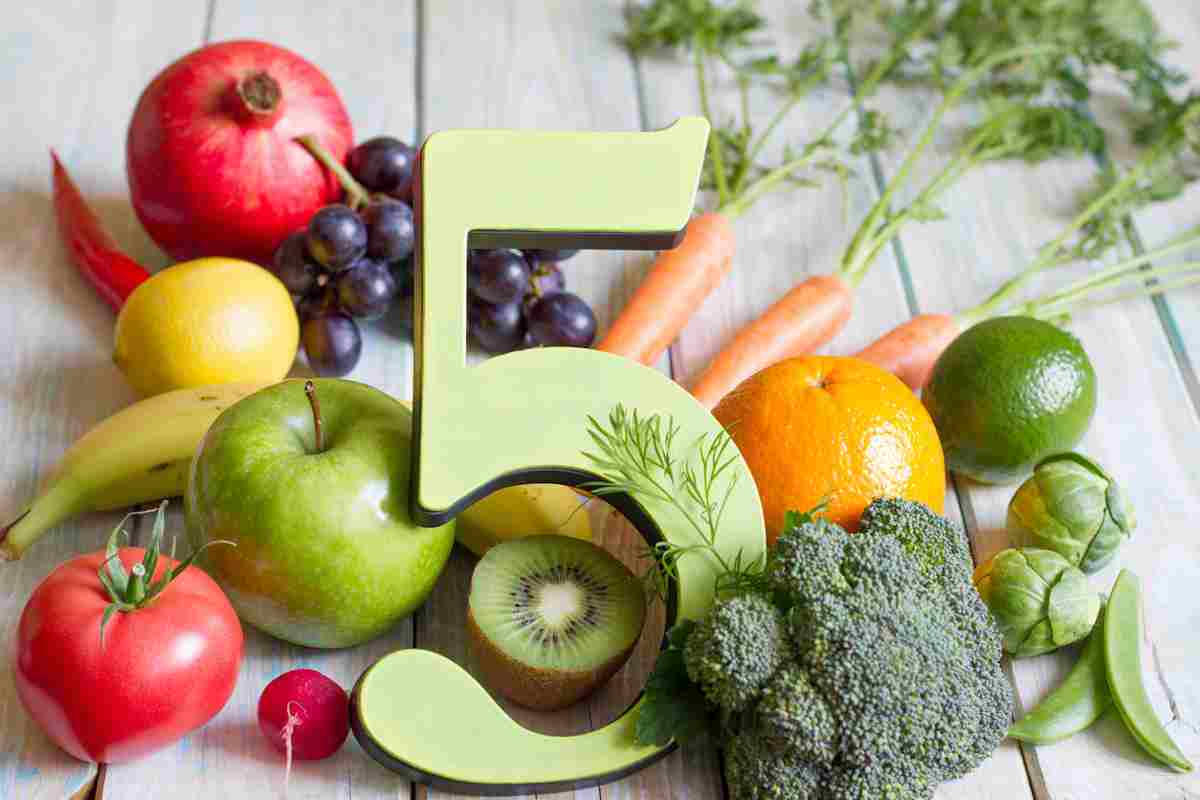Although a diet rich in fruit and vegetables is important for everyone, certain nutrients are vital for men's health, says nutritionist Rob Hobson.
Little seems to change regarding the diet of your average Irish man – they continue to consume too much saturated fat, salt and sugar, while also failing to eat enough health-boosting foods such as fruits and vegetables.
This contributes to cardiovascular disease, the leading cause of death in men in Ireland. One of the simplest dietary changes men can make to improve their health is to eat more plant-based foods: on average, people in Ireland currently eat just under four portions of fruit and vegetables a day.
What counts as one of your five a day?
A single serving is 80g of fresh fruit or veg (or 40g of dried fruit); smoothies count as two servings, while juices count as one, but they are both only to be included once a day. The same is true of beans, pulses and lentils (this includes baked beans), which are also only counted as just one serving a day.
While variety is good, the five-a-day mantra is often more usefully thought of in terms of weight (400g in total). It doesn't take much to achieve this – a stir-fry could notch up at least 200g of vegetables, which is close to three servings.
Here's four important nutrients that men should get from their five a day.
Zinc
Zinc is an important mineral for men, which is why the recommended daily intake is set higher than women at mg per day. The prostate gland has one of the highest concentrations of zinc in the male body. Zinc helps to regulate testosterone levels and is essential for proper prostate function.
Low levels of zinc have also been shown to affect sperm quality and libido, which in turn impacts fertility.1 Good plant sources of zinc include lentils, garlic, broccoli, sweetcorn, asparagus, peas, spinach and okra.
Fibre
A high-fibre diet has been shown to reduce the risk of heart disease, high cholesterol and type 2 diabetes, as well as helping to manage body weight.2 Fibre is essential for good digestion and reduces the risk of constipation, which can put pressure on the bladder and worsen symptoms of BPH (prostate gland enlargement).
Currently, the average Irish male eats just 21g of fibre, compared to the recommended 30g.
High-fibre foods include fruits (fresh and dried), vegetables (especially artichokes), beans, pulses and lentils. Many of these foods can be included in the meals you already eat by adding beans to one-pot dishes or salads or spinach to home-made smoothies.

On average, people in Ireland only eat four portions of fruit and veg a day, while Irish men only eat 21g of fibre daily, compared to the recommended 30g.
Potassium
This mineral plays an important role in the management of high blood pressure, which has been shown to affect 56 per cent of men in Ireland and is a risk factor for cardiovascular disease.3
High levels of sodium cause the body to retain water, and this puts pressure on blood vessels. Potassium lessens the effects of sodium while also helping to ease tension in the blood vessel walls.
Although reducing your sodium intake is vital to lowering blood pressure, eating more vegetables rich in potassium – especially spinach, swiss chard, bok choy, mushrooms, sweet potato, tomatoes, brussels sprouts, courgette and broccoli – can also help.
Selenium
According to a 2018 study, 39 per cent of men are not getting enough selenium in their diet,4 and this could have an impact on fertility. Selenium is important for the development of both sperm shape and motility, which are key factors in normal conception.5
You can increase your selenium intake by including fruit and vegetables such as mushrooms, spinach, bananas, lentils and beans into your diet.
Eating a plant-based diet with more fruits and vegetables is one of the easiest ways for men to improve their health and reduce their risk of disease. It's never too late to make changes to the way you eat, and even the smallest changes could have a huge impact on your long-term health.






